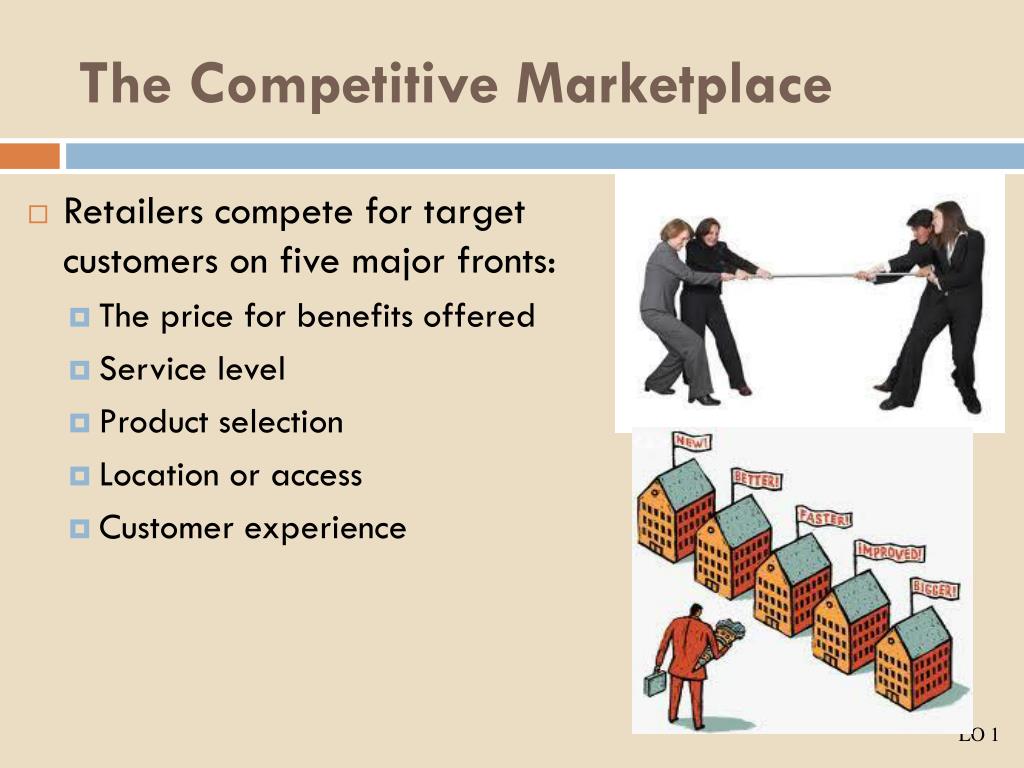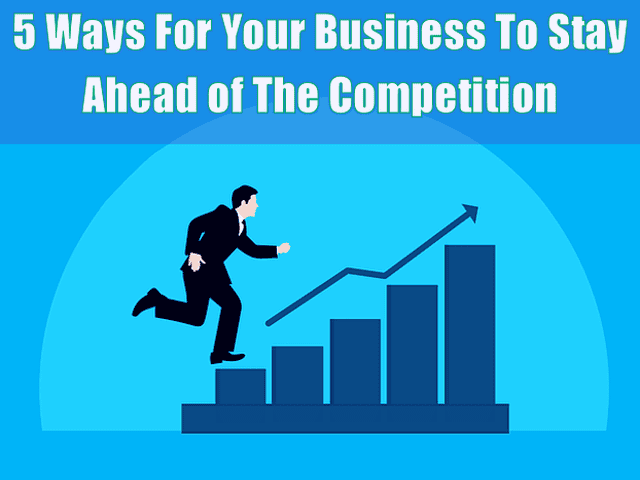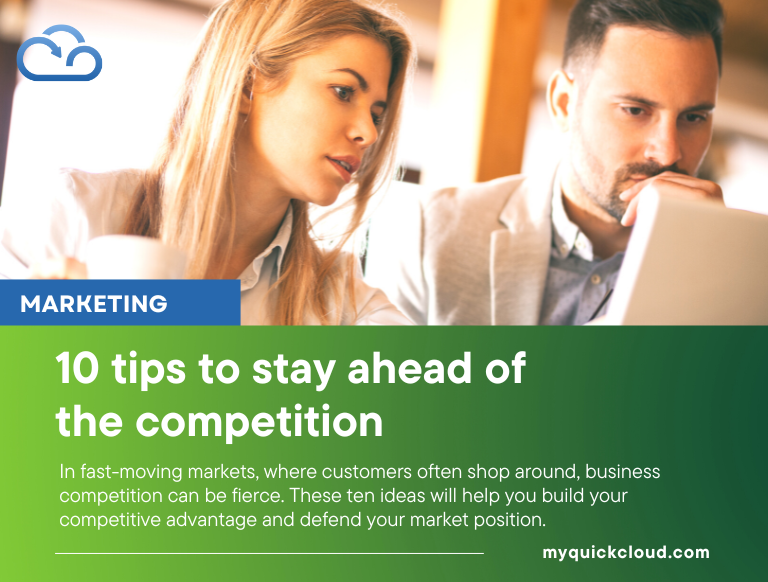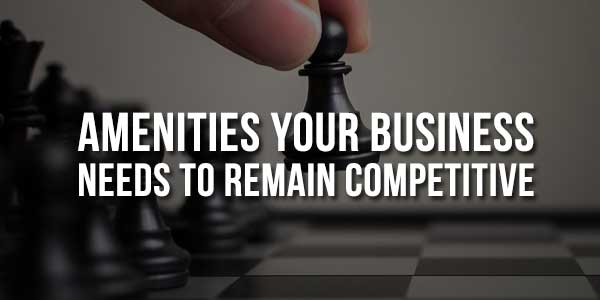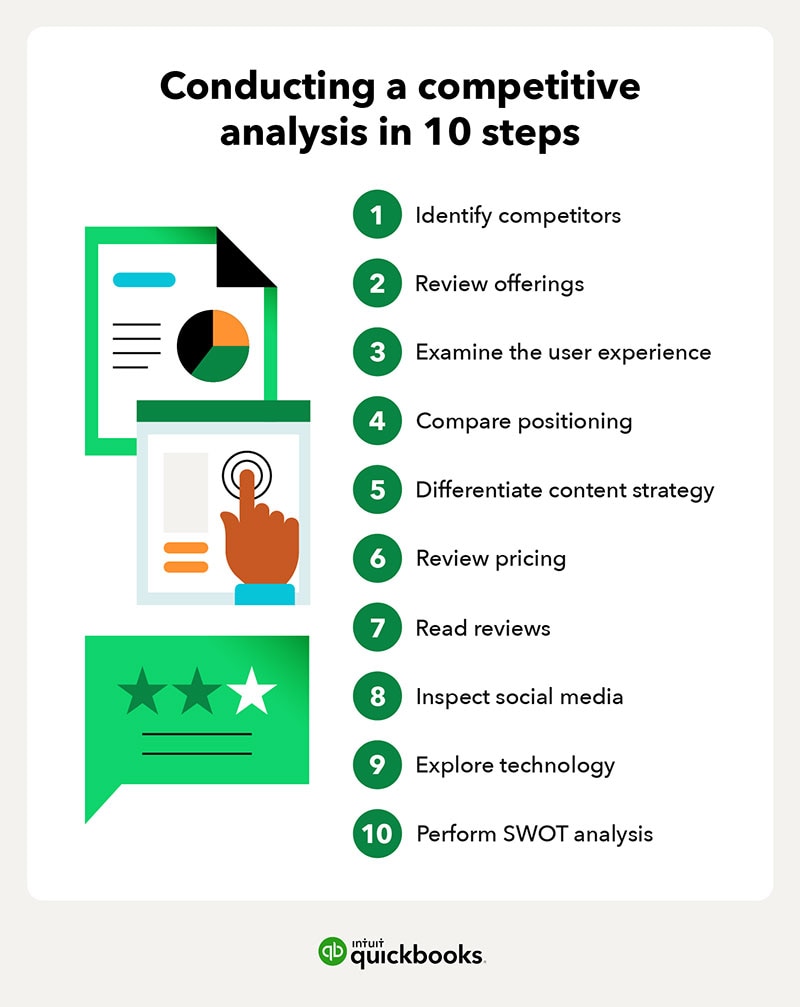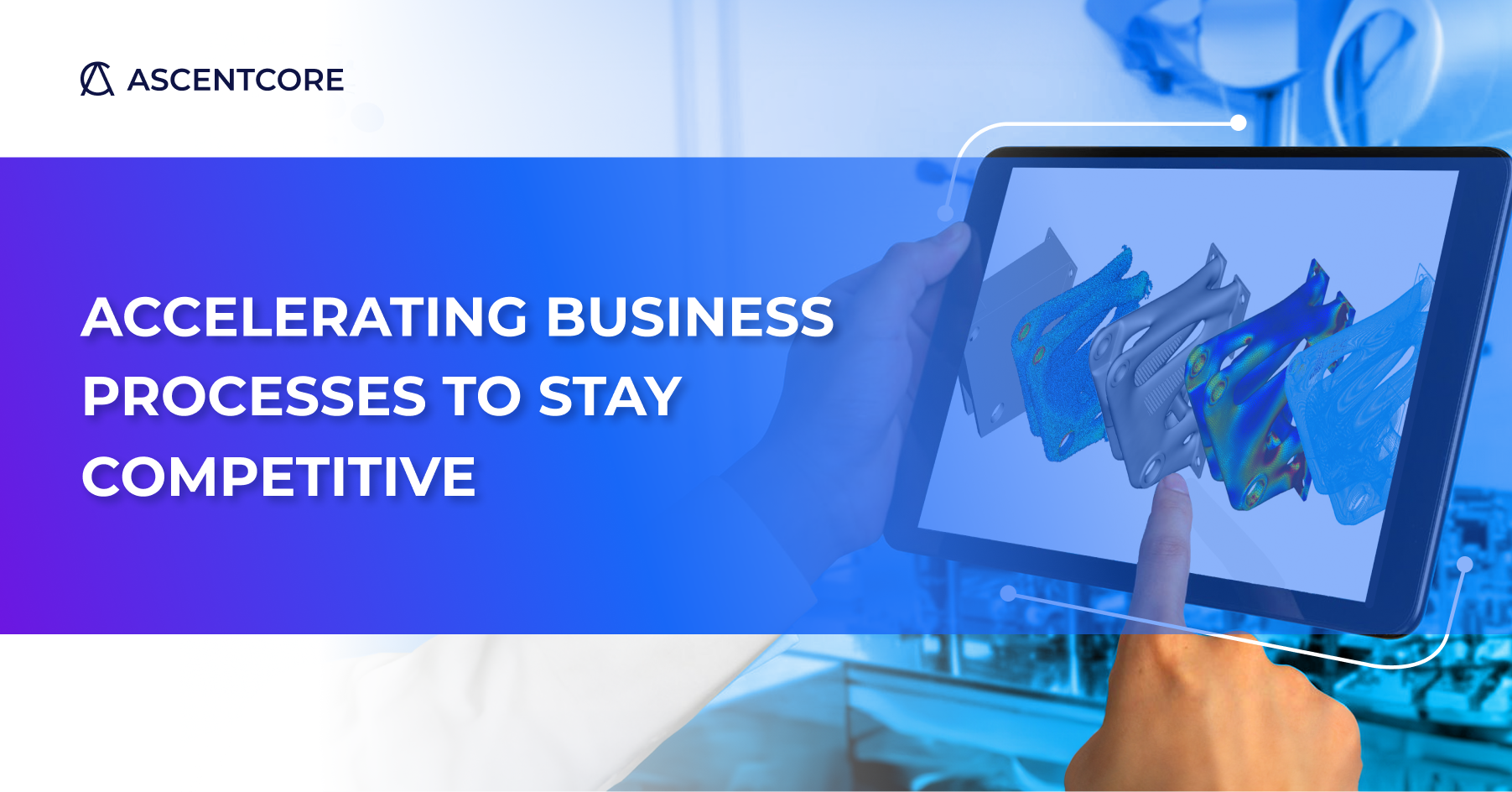How To Remain Competitive In Business
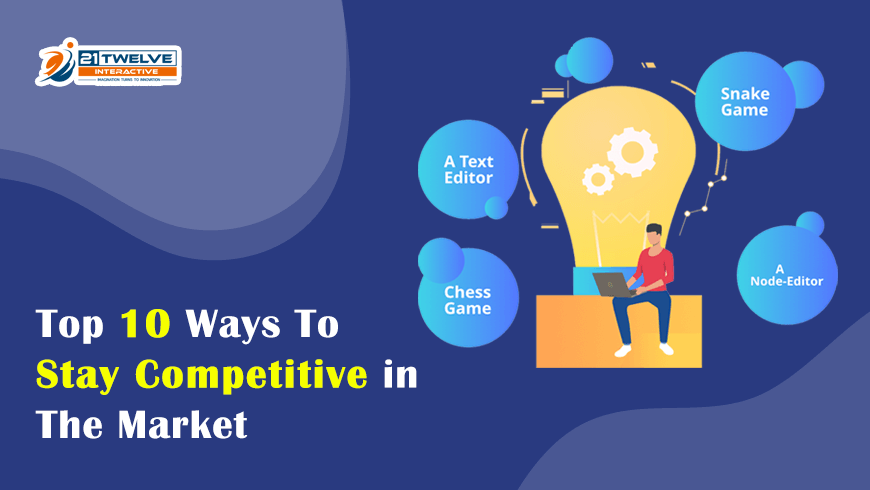
Imagine strolling through a bustling marketplace, the air thick with the aroma of exotic spices and the vibrant calls of vendors vying for your attention. Each stall, a miniature business, reflects a constant dance of innovation, adaptation, and sheer determination. In today's global economy, every business is essentially a stall in that marketplace, needing to shout a little louder and offer something a little more unique to stay relevant.
The relentless pace of technological advancements, shifting consumer preferences, and global economic fluctuations makes maintaining a competitive edge an ongoing challenge. The core of remaining competitive hinges on embracing adaptability, prioritizing customer experience, and fostering a culture of continuous learning and innovation.
The Ever-Shifting Landscape
The business world is in constant flux. According to a report by Deloitte, companies that prioritize agility and responsiveness are 50% more likely to outperform their peers.
This means being able to quickly identify emerging trends, anticipate market shifts, and adjust strategies accordingly. This agility isn't just about reacting; it's about proactively shaping the future.
Embracing Technological Advancements
Technology is no longer just a tool; it's the very foundation upon which many businesses operate. Cloud computing, artificial intelligence (AI), and data analytics are revolutionizing industries, offering unprecedented opportunities for efficiency and innovation.
For example, AI-powered customer service chatbots can provide instant support, freeing up human agents to handle more complex issues. Data analytics can uncover valuable insights into customer behavior, enabling businesses to personalize marketing campaigns and product offerings.
Investing in these technologies isn't just about staying current; it's about gaining a competitive advantage. According to PwC's Global Digital IQ Survey, high-performing companies are twice as likely to have a clearly defined digital strategy.
The Customer is Still King
While technology plays a crucial role, the customer remains at the heart of every successful business. Providing exceptional customer experiences is no longer optional; it's essential for building loyalty and driving growth.
Understanding customer needs, actively soliciting feedback, and consistently exceeding expectations are key to fostering strong customer relationships. A 2020 report by Gartner suggests that companies focusing on customer experience see a 10-15% increase in revenue.
This means more than just responding to complaints; it's about creating a seamless and enjoyable journey for every customer, from initial contact to post-purchase support. It's about anticipating their needs and proactively offering solutions.
A Culture of Continuous Learning
In a rapidly evolving world, a commitment to continuous learning is paramount. Businesses must invest in training and development programs to equip their employees with the skills and knowledge they need to thrive.
This includes fostering a culture of curiosity, encouraging employees to explore new ideas, and providing opportunities for professional growth. According to the World Economic Forum, skills like critical thinking, creativity, and emotional intelligence will be increasingly important in the future workforce.
Investing in employee development not only enhances their skills but also boosts morale and engagement. An engaged workforce is a more productive workforce, and a more productive workforce is a more competitive workforce.
Innovation: The Lifeblood of Business
Innovation is the engine that drives growth and differentiation. Businesses must create a culture that encourages experimentation, rewards risk-taking, and embraces failure as a learning opportunity.
This means fostering collaboration, encouraging employees to think outside the box, and actively seeking out new ideas and perspectives. Peter Drucker, the renowned management consultant, famously said, "Innovate or die."
Innovation isn't just about developing groundbreaking new products or services; it's also about finding new ways to improve existing processes and enhance customer experiences. It's about constantly seeking ways to do things better.
Looking Ahead
The journey to remain competitive is not a sprint but a marathon. It requires a relentless commitment to adaptability, customer focus, continuous learning, and innovation.
By embracing these principles, businesses can navigate the challenges of a rapidly changing world and position themselves for long-term success. The marketplace may be competitive, but the opportunities for those who are prepared are endless.
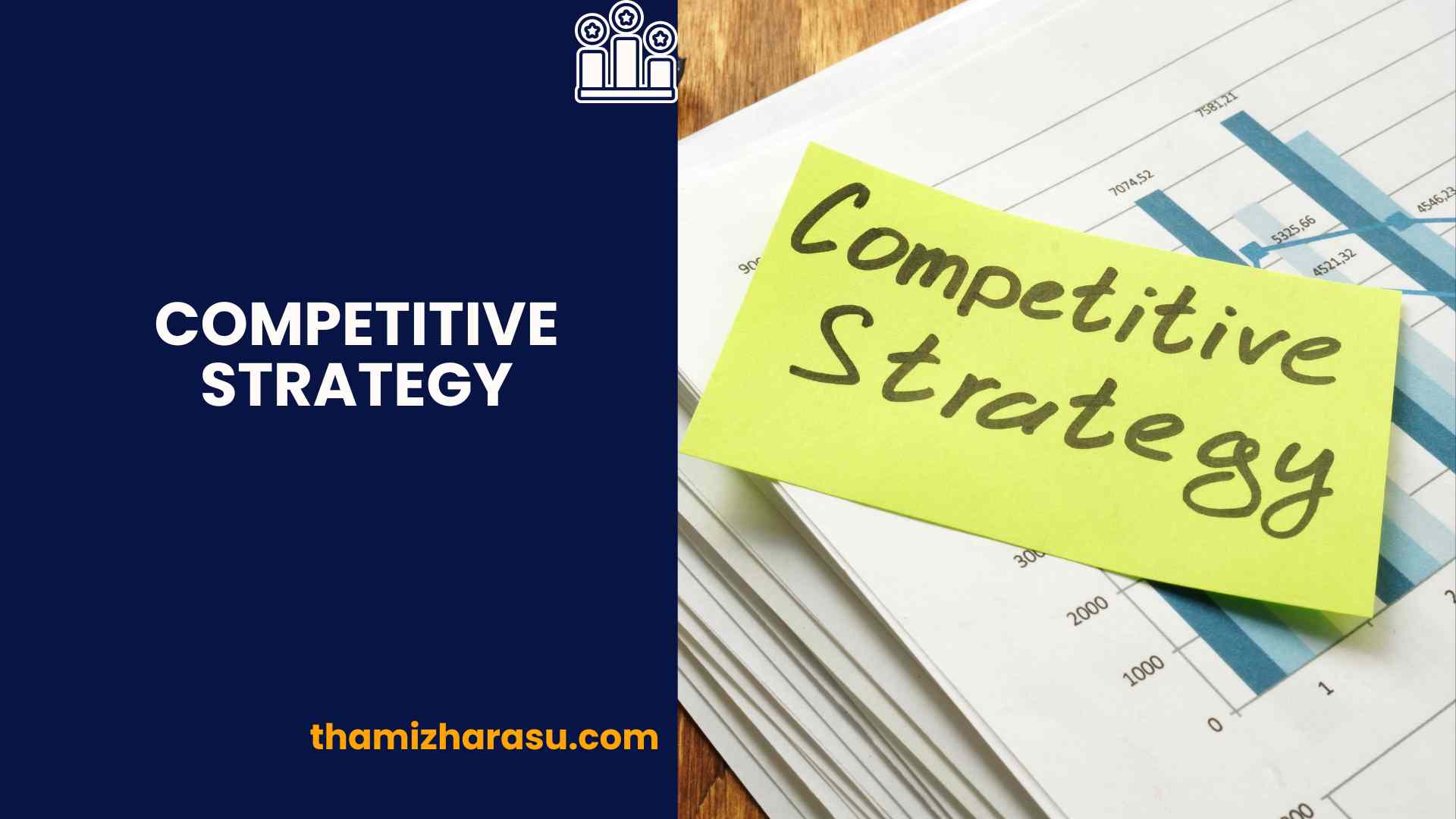


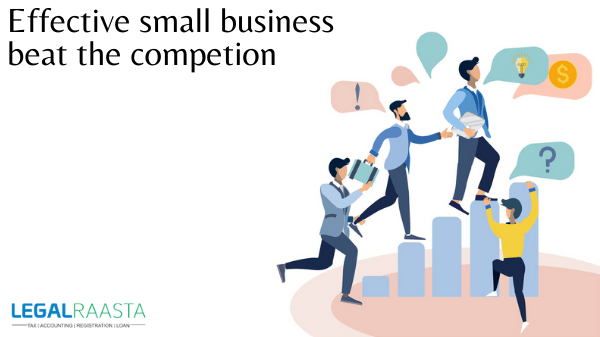

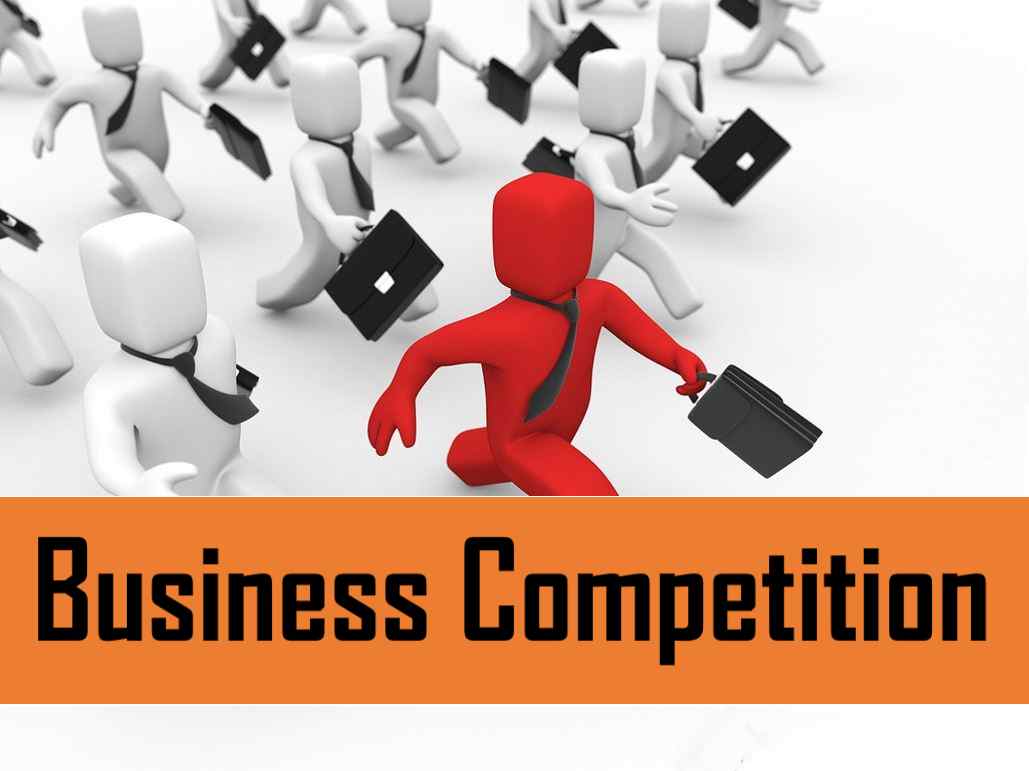
:max_bytes(150000):strip_icc()/what-is-competitive-advantage-3-strategies-that-work-3305828_FINAL-5b87022bc9e77c002524e634.png?ssl=1)


